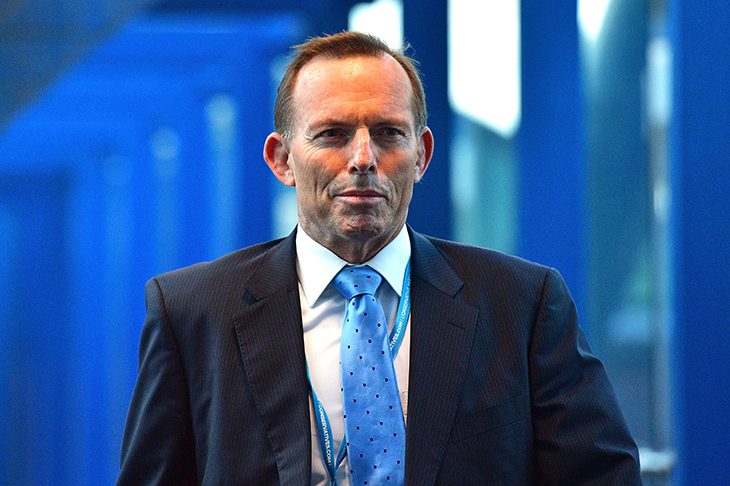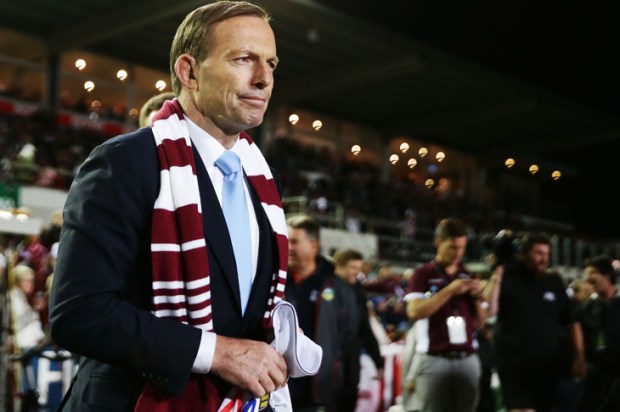As Adam Smith once observed, in most nations there’s often a lot of ruin. His point was that it takes much more than a short period of bad government to inflict major damage on a strong country.
In a well-developed civil society, very little requires the express say-so of government. People are always trying to improve their lot, and largely succeeding, even when the government of the day is consistently getting it wrong. That said, government matters because it sets the framework within which people make their own decisions. A government that over-burdens its citizens diminishes their ability to make the best choices and, over time, generates sustained national decline.
For 25 years, under prime ministers Hawke and Howard, Australia was essentially well governed. The leading members of those governments had sufficient character to keep their personal ambitions in check, or at least not to let them interfere with the pursuit of a strong policy agenda. The Hawke government deregulated the finance sector, cut tariffs, and began privatisation and workplace relations reform. The Howard government extended workplace reform, largely completed privatisation, and introduced major tax and welfare reform. Both governments accepted the need to live within their means which, helped by the resources boom, gave Australia massive budget surpluses and zero net debt by 2007.
Prime Minister Rudd used the Global Financial Crisis to justify a spend-a-thon that’s never really stopped. In the last year of Treasurer Swan, revenue was $100 billion more than in Treasurer Costello’s final year – but spending was $170 billion greater. Hence the shift from 2 per cent of GDP surpluses to 3 per cent of GDP deficits.
The 2014 budget was a brave attempt at long-term structural reform but the Turnbull ascendancy means that the Coalition has essentially given up on budget repair. This year’s was a ‘tax and spend’ budget which the government justified on the grounds that it was all that could be expected to pass the Senate.
Malcolm Turnbull has an opinion poll deficit, not because his predecessor is undermining him, but because he’s dumped the Liberal party’s core principles. The Coalition won the 2013 election promising to cut spending, cut taxes and end Labor’s climate change obsessions. With a post-Finkel Report Clean Energy Target looming, the government is doing the exact opposite. Moreover, Turnbull’s recent London speech was so damaging because it (or the way he allowed it to be ‘spun’) told conservatives that they weren’t welcome in the Turnbull Liberal party.
Apart from the fact that his regicide of Abbott was a massive blunder, Turnbull should never have adopted Labor’s Gonski schools policy. He shouldn’t have abandoned his predecessor’s pledge not to make adverse changes to superannuation. He shouldn’t have alienated business with a bank tax. It shouldn’t have taken him so long to discover that national security is not just the first task of government but important political equity for the Coalition. He shouldn’t have run an election campaign on a vacuous slogan and ignored Labor’s weaknesses on power prices, border protection and union control.
A mistake that might still be rectified is his failure to put Tony Abbott into Cabinet, but magnanimity seems quite beyond him. A better leader would have offered Abbott the defence portfolio straight after the last election. That would have returned the compliment that Abbott had paid to Turnbull by placing his predecessor on the front bench once he had decided to stay on in parliament in 2010. Defence would have been a job worthy of a former prime minister where Abbott could have made a strong contribution. It would have made the most of Abbott’s undoubted political abilities and energy. Importantly, it would have ensured that policy disagreements stayed in-house.
It’s too late for that now. Abbott could hardly join a cabinet that had repudiated his budget strategy and was on the verge of repudiating his climate strategy too. The best contribution that Abbott can now make is to stay on the backbench where he can legitimately articulate policy stances that discourage Coalition defections to fringe conservative parties.
After losing 16 straight Newspolls, Turnbull is clearly flunking the leadership test that he set for himself. In due course, he will be removed from the prime ministership – either by his own party or by the electorate. His one remaining claim to office, that Labor would be worse, won’t save him because the electorate passes judgment on governments, not oppositions.
A decade back, after a quarter century of effective government, Australia was one of the world’s most successful countries. Now we can’t even look across the Tasman without embarrassment. Unfortunately, it’s almost certain to get worse before it gets better. Our next federal Labor government will have more in common with Jeremy Corbyn and Bernie Sanders than with Bob Hawke and Paul Keating. There will be more taxing, more spending, and a much more intrusive nanny state. A serious brain drain and capital flight will only be avoided if comparable countries are making similar mistakes.
In 2014, Abbott said that his government’s historic mission was to show that the Rudd-Gillard-Rudd era was an aberration, not the new normal; and that the age of reform had merely been interrupted, not ended. He failed; thanks to a hostile media, a feral senate, an implacable internal rival – and some policy and management misjudgements of his own.
Abbott’s mission now is to ensure that the Liberal party is once more fit for office sometime in the mid-2020s when the next Labor government will have run out of puff. That means developing policy positions that tackle problems from a liberal-conservative perspective, mentoring potential future leaders and trying to ensure that the Liberal party’s membership is bigger, younger and more reflective of modern Australia.
Fresh from a notable success at the NSW Liberal party convention, where his motion to give party members a greater say in selecting candidates was overwhelmingly passed, the tide may well be turning Abbott’s way.
Got something to add? Join the discussion and comment below.
Get 10 issues for just $10
Subscribe to The Spectator Australia today for the next 10 magazine issues, plus full online access, for just $10.
You might disagree with half of it, but you’ll enjoy reading all of it. Try your first month for free, then just $2 a week for the remainder of your first year.














Comments
Don't miss out
Join the conversation with other Spectator Australia readers. Subscribe to leave a comment.
SUBSCRIBEAlready a subscriber? Log in